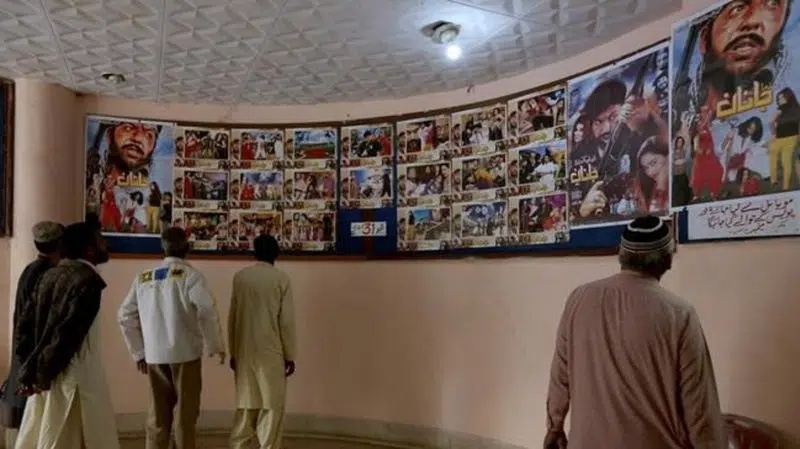
Pakistan delays decision on movie that offended Islamists
ISLAMABAD — Pakistan’s government on Monday postponed its decision on whether to lift a ban on a movie that had offended hard-line Islamists in this Muslim-majority country, after asking a high council of clerics to weigh in on the film.
The Islamists had raised allegations of blasphemy over the film, “Zindagi Tamasha,” or “Circus of Life,” by Pakistani director Sarmad Khosat, which was to be released in late January. Its debut was scrapped by the Punjab provincial government’s information office, following objections from the Tehreek-e-Labbaik party and its followers.
Their claims drew attention again to Pakistan’s controversial blasphemy law, which carries an automatic death sentence for a conviction of insulting Islam. There have been widespread complaints that the law is used to settle scores and intimidate religious minorities.
The party’s supporters argued the movie contains blasphemous content and could spread hatred against people of faith. Party leader Khadim Rizvi threatened to hold nationwide protests on Jan. 24, the day the film was originally set to open in local cinemas.


